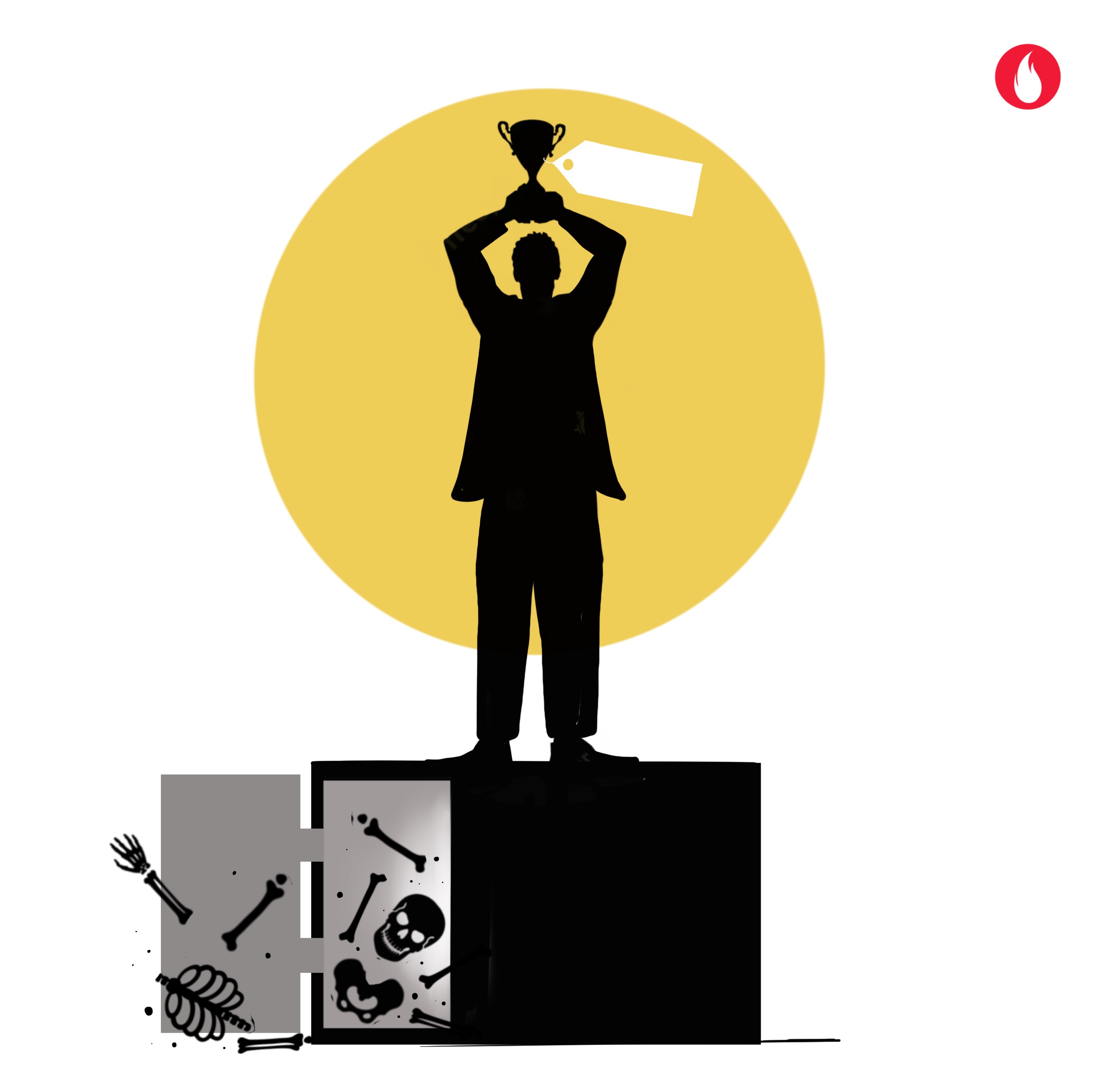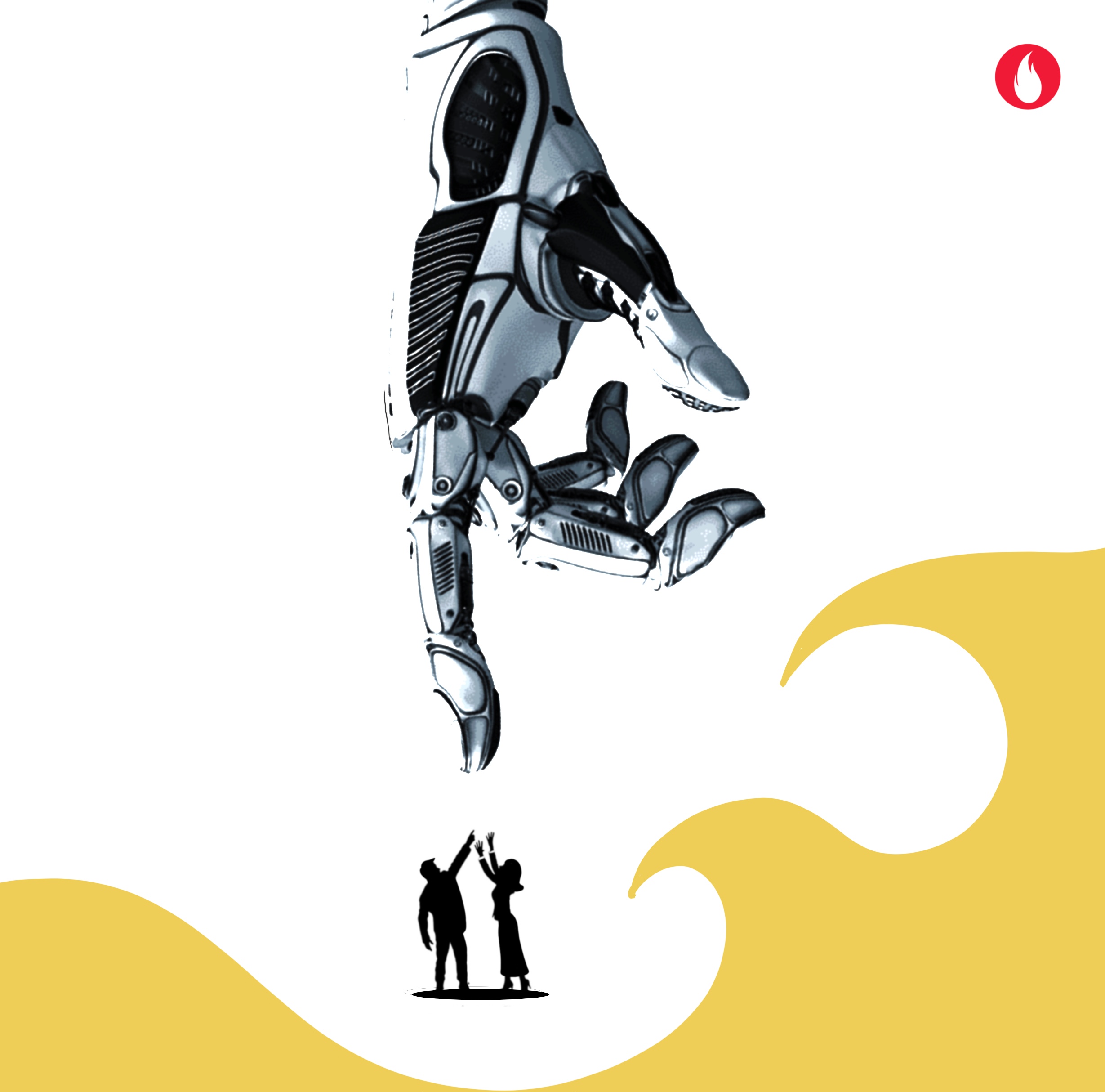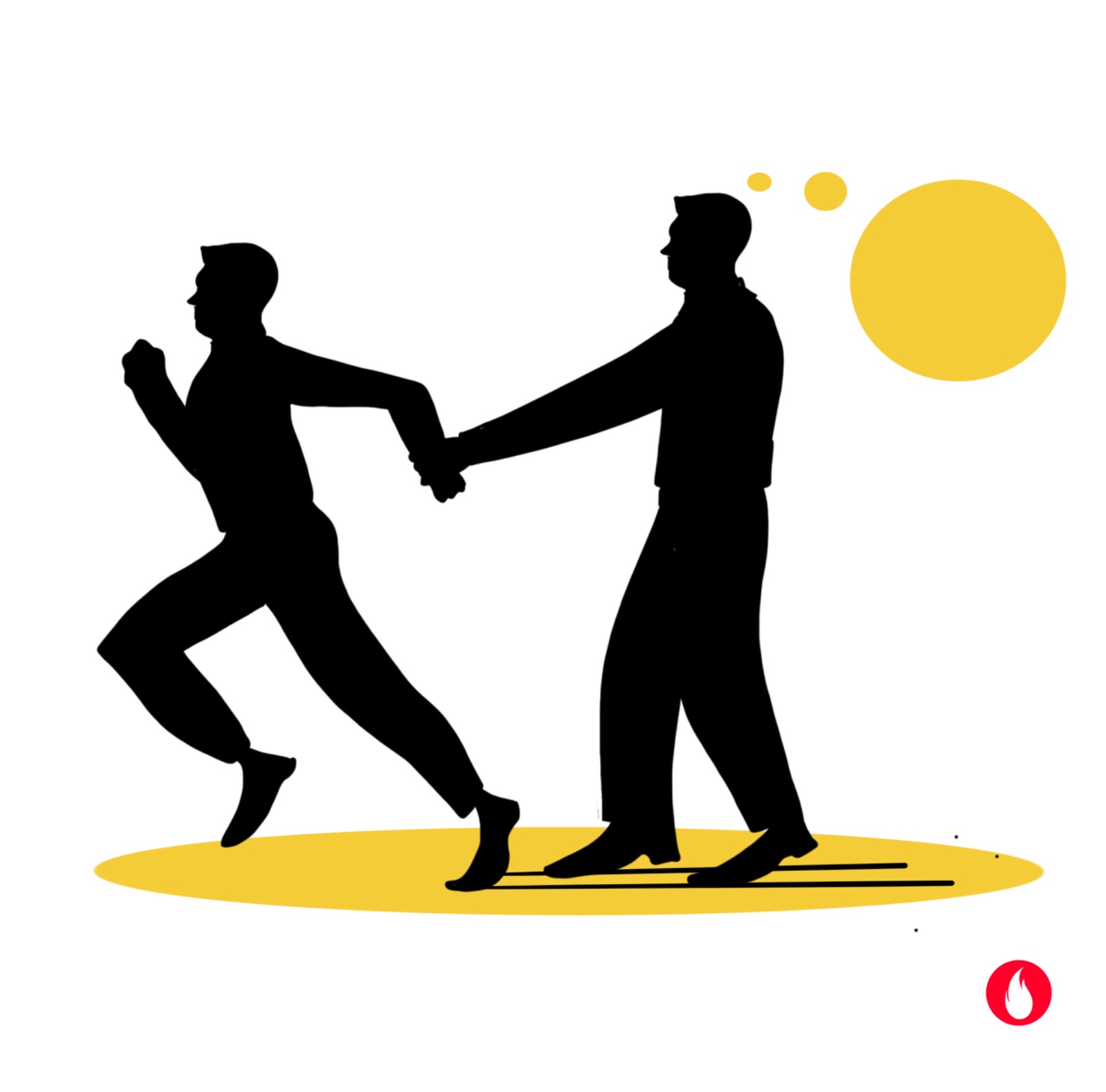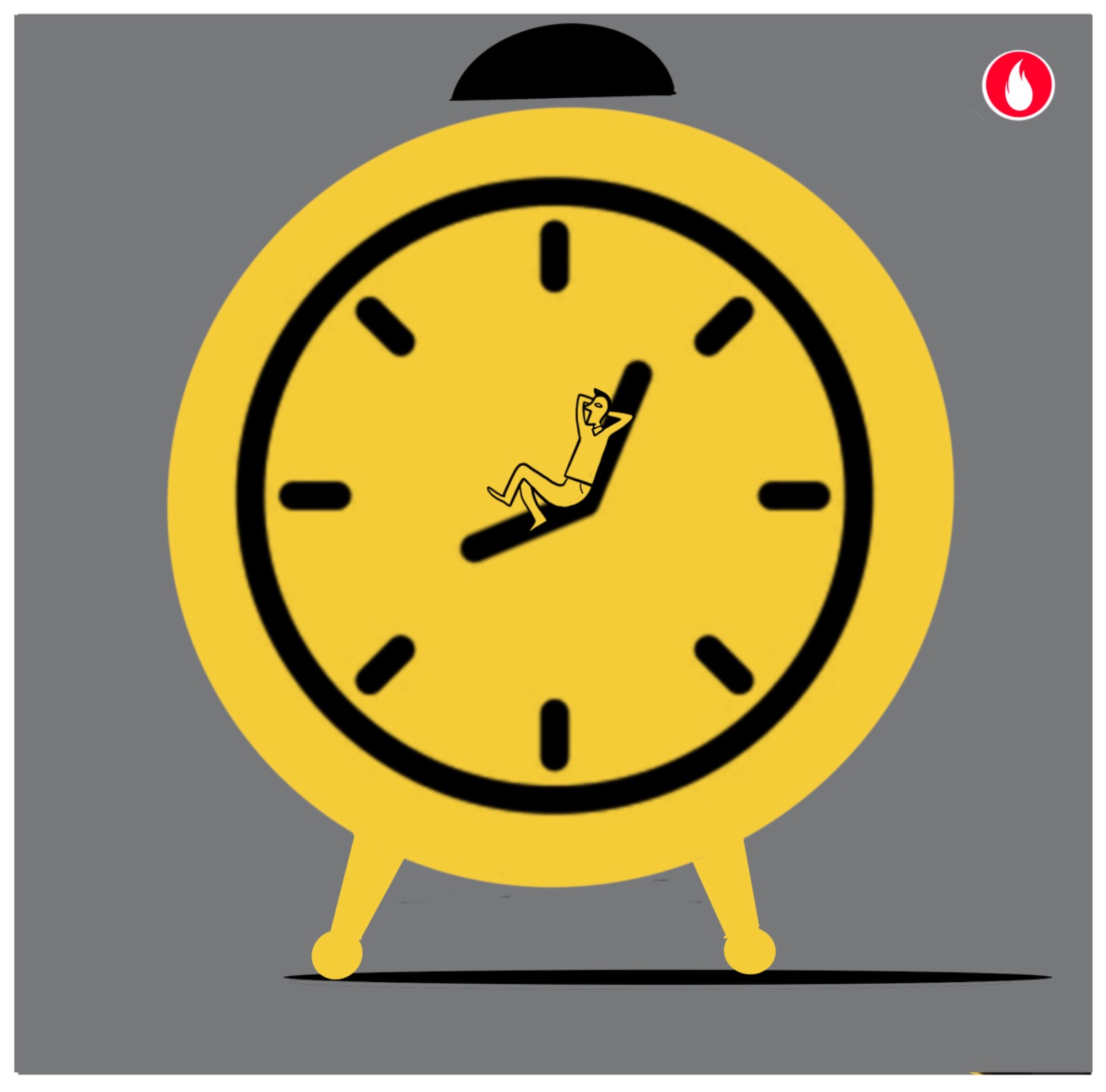I have been on the road having conversations with a number of friends and colleagues from around the world. It’s left me in a very reflective space. The ‘price of success’ has been a frequent topic in such conversations. During a conversation, a friend pointed me to an article and asked a fundamental question: “Why so many Forbes’ young heroes face jail”?
Many people who had made it to lists such as the Forbes 30 under 30 have landed in jail for fraud. From Charlie Janice to Sam Bankman-Fried to Caroline Ellison. All these folks were feted and held up as successes before they were 30 years old and now are wilting away in jail as fraudsters.
Here’s some data from the article: “The Forbes 30 Under 30 have collectively raised $5.3B in funding,” the tech entrepreneur Chris Bakke tweeted on Tuesday. “The Forbes 30 Under 30 have also been arrested for frauds and scams worth over $18.5B. Incredible track record.…..the line between innovator and fraudster seems to have become alarmingly thin.”
And here’s the paragraph that got me to re read and think long and hard about it.
“The problem here isn’t Forbes, of course; the problem is the vision of success that we’ve been sold and the fetishizing of youth. 30 Under 30 isn’t just a list, it’s a mentality: a pressure to achieve great things before youth slips away from you. The pressure can lead certain ambitious people to take shortcuts. And, in fact, shortcuts are encouraged: millennials, after all, grew up being told to “fake it ’til you make it”, cash in now until you become a withered, irrelevant, 30-year-old prune. If you exaggerate a little bit, that’s not fraud, that’s hustle! Until, of course, the justice department comes knocking.“
The Road To Character
It’s not only the Forbes list. There is such regular stuff happening all around us. Did you hear about the Ultramarathoner who took a car ride to complete the race and went on to collect a medal? Before getting disqualified. Or the photographer who entered a competition (and win) only to declare later that the images were enhanced with Artificial Intelligence.
Even as we consider these cases, we must remember that our races and competitions happen every moment. For instance, at the inviting prospect of breaking a queue at the airport and getting ahead or delivering less than complete work in the belief that it won’t be noticed.
Many years back, my teachers drilled a three liner into me. I remember that it was there on the big white wall of the chemistry lab.
“When wealth is lost, nothing is lost. When health is lost, something is lost. When character is lost, everything is lost”. Back then it didn’t go much beyond another devious way that the school devised to get me to do my home work. But now, having seen cycles of wealth (and life), I recognise the profoundness that the statement holds.
David Brooks in “The Road To Character” wrote eloquently.
“Character is a set of dispositions, desires, and habits that are slowly engraved during the struggle against your own weakness. You become more disciplined, considerate, and loving through a thousand small acts of self-control, sharing, service, friendship, and refined enjoyment. If you make disciplined, caring choices, you are slowly engraving certain tendencies into your mind. You are making it more likely that you will desire the right things and execute the right actions.
If you make selfish, cruel, or disorganized choices, then you are slowly turning this core thing inside yourself into something that is degraded, inconstant, or fragmented. You can do harm to this core thing with nothing more than ignoble thoughts, even if you are not harming anyone else. You can elevate this core thing with an act of restraint nobody sees. If you don’t develop a coherent character in this way, life will fall to pieces sooner or later. You will become a slave to your passions. But if you do behave with habitual self-discipline, you will become constant and dependable. “
“The things that lead us astray are short term—lust, fear, vanity, gluttony. The things we call character endure over the long term—courage, honesty, humility. People with character are capable of a long obedience in the same direction, of staying attached to people and causes and callings consistently through thick and thin.
People with character also have scope. They are not infinitely flexible, free-floating, and solitary. They are anchored by permanent attachments to important things. In the realm of the intellect, they have a set of permanent convictions about fundamental truths. In the realm of emotion, they are enmeshed in a web of unconditional loves. In the realm of action, they have a permanent commitment to tasks that cannot be completed in a single lifetime.”
– David Brooks
I have been reading those lines many times over and reflecting on the choices that I have made and the life that I live. It brought alive a smile, sobered some desires and calibrated empty ambition in areas of life. Most importantly, it left me energised to go reflect, stretch and redefine my own horizons.
The Price Of Success
Success has a price. The price could well be many hours of tenacious work and disciplined effort. All of which may seem to be entirely unnecessary when a world of allure and glitz is inviting and available right then and there. It is clear to me that when the price of success is character, neither does success last nor is it a one time payment.
I struggle with this. My reflections and journal entries give away my struggles. Here is one such.
“It is easy (and often so inviting) to make choices that show that I made it faster and better than others. I have to remember to peg my comparisons to where I was yesterday and strive to extend my horizons. Success is not in the podiums I make to. It is who I become at the end of this ride. And that question cannot but elicit an honest answer for I know when I am being dishonest with myself.“
Conversations With The Next Generation
There is one more direction my reflections push me to think about. They are about the next generation and our responsibilities with them.I believe that each of us has a responsibility to pass the torch on brighter than how we received it. Brighter with the light of character and promise.
“Today, teachers tend to look for their students’ intellectual strengths, so they can cultivate them. But a century ago, professors tended to look for their students’ moral weaknesses, so they could correct them.”
David Brooks
We have a responsibility to teach our children that they are more than their possessions and the price of success is not what material stuff they end up with before they are 30! Or whatever age. It is who they become at the end of it all.

The OWL Despatch
This post is part of the newsletter titled The OWL Despatch which I have been putting together for a few years now. To read the full list of curations and other components, subscribe here.



